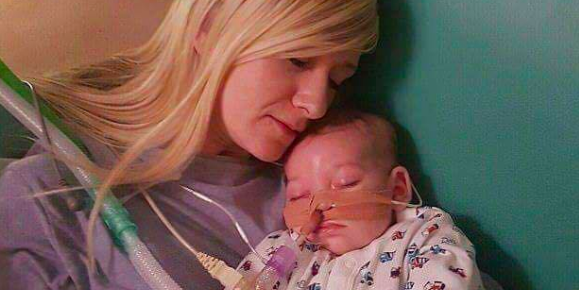Let me stipulate that I have friends who are physicians, and very good physicians. Part of what makes them good physicians is the fact that they are aware of all they do not know — that “there are more things in heaven and earth than are dreamt of” in their training, their copious studies, and their medicine bags. Medicine is a science, and it’s a science that, as one doctor-friend of mine has said, “pretty much requires that the scientific method be applied to each patient, in every circumstance, because every person is different, and we really don’t know everything.”
And because that’s true, my friend maintains, medicine is also an art, one that requires a physician to approach every patient with a bit of wondering. In the same way that a writer sits down with a sure sense of what she wants to write yet often ends up surprised by the turn her words take, and by her own conclusion, a doctor who is willing to admit wonder into an assessment is often surprised by all he has not known.
Medical bureaucracies that forget that healing is also an art — which therefore must make room for wonder, and be willing to question “obvious” conclusions — become the sort of bodies that prefer to err on the side of death, and increasingly I believe it’s because they are so afraid of what life might throw their way. They want to function under a pretense of certainty and an illusion of control; uncertainty has no place in their practice, because it may permit something that is complicated and scary, (and potentially very expensive).
Death is safer; it is certain, and permits no unruly chance-taking. It is fear of uncertainty, I think, that makes a doctor feel alright about (absurdly) saying to parents “you should abort this fetus, because he won’t even be a human being.”
Really, if a doctor is telling you the child in your womb “won’t even be a human being” it’s time to find a better, less fearful, scientist. One who has not lost touch with healing as an art. One you can bring your happy, healthy, beloved four year-old to visit, sometime.
The parents of a little boy in the UK were told to abort him, because his brain was not developing. Turns out he’s keeping up pretty well, now. A little slower than some, but alive, happy, going to school, loving and being loved.
And that’s the key thing — the loving and being loved thing, that so many have lost sight of in the Charlie Gard case. Doctors admit they have no idea whether Charlie Gard is feeling pain, but they sure don’t like all of the messy, expensive, and emotionally draining uncertainty about him. Charlie’s life has become an inefficient inconclusion because of love — that untidy, unsterile, unreasonable thing that keeps the scary unknown before them and denies death its simple solution.
In the Wall Street Journal, William McGurn writes, “The Great OrmonUnsterild Street Hospital even wants the last word on love: ‘In one respect, Charlie is immensely fortunate’ to have such loving parents. Because in this context ‘in one respect’ really means, ‘not in the sense that has to do with decisions about their son’s life.’ In other words, the parents’ love disqualifies them.”
Medicine is a science, and as science it wants controllable outcomes. But medicine is also an art, which can imagine more, if it really wants to. Both art and science, however, must remain subject to love, and constrained by love’s choice for life over death, if they are not to become mere and monstrous regimens.
People worry about the “quality” of a life — a subjective thing they want to pretend is objective. Doctors and death-advocates will argue that a human being’s “quality of life” is (or will become) such that it seems “merciful” to deny that life. But all of us will eventually see a diminishment to our “quality of life” at some point; should all of us simply prepare for the day we lose consciousness, hear someone declare, “well, that’s it, she’s done” and be given an “efficient” injection? How many stories do we read of “brain dead” people who come out of it reporting that even when “brain dead” they were hearing, and feeling, and loving, and being loved?
We read stories about parents who chose to bring their “doomed” children into the world rather than aborting them, who permit themselves to experience so much pain and loss (as if an abortion alternative is a static event that precludes both) but what do we see in those stories? We see a celebration of a life, amid a searing brevity.
We also see how, in even the briefest life, there is a chance to kiss, and hold, and whisper words of love — a chance to affirm a life loved into being, a personhood real, unique and unforgettable.
However brief, however unsightly and mysterious, however untidy that life becomes in a day, or five, or in ninety years, it is the life a person has. And a person is entitled to it.
To love, and be loved — to feel love at its heights and depths, in its euphoria and sorrow — to invite love into the world, in all of its fullness and purity and pain and to make it welcome, this is what sustains light over darkness.
With each new life we permit entry into the world, new love comes into the world, too. The world needs that love, for the light it brings. And because love never dies.
It is the art of God, and it merely begs our cooperation.

